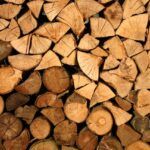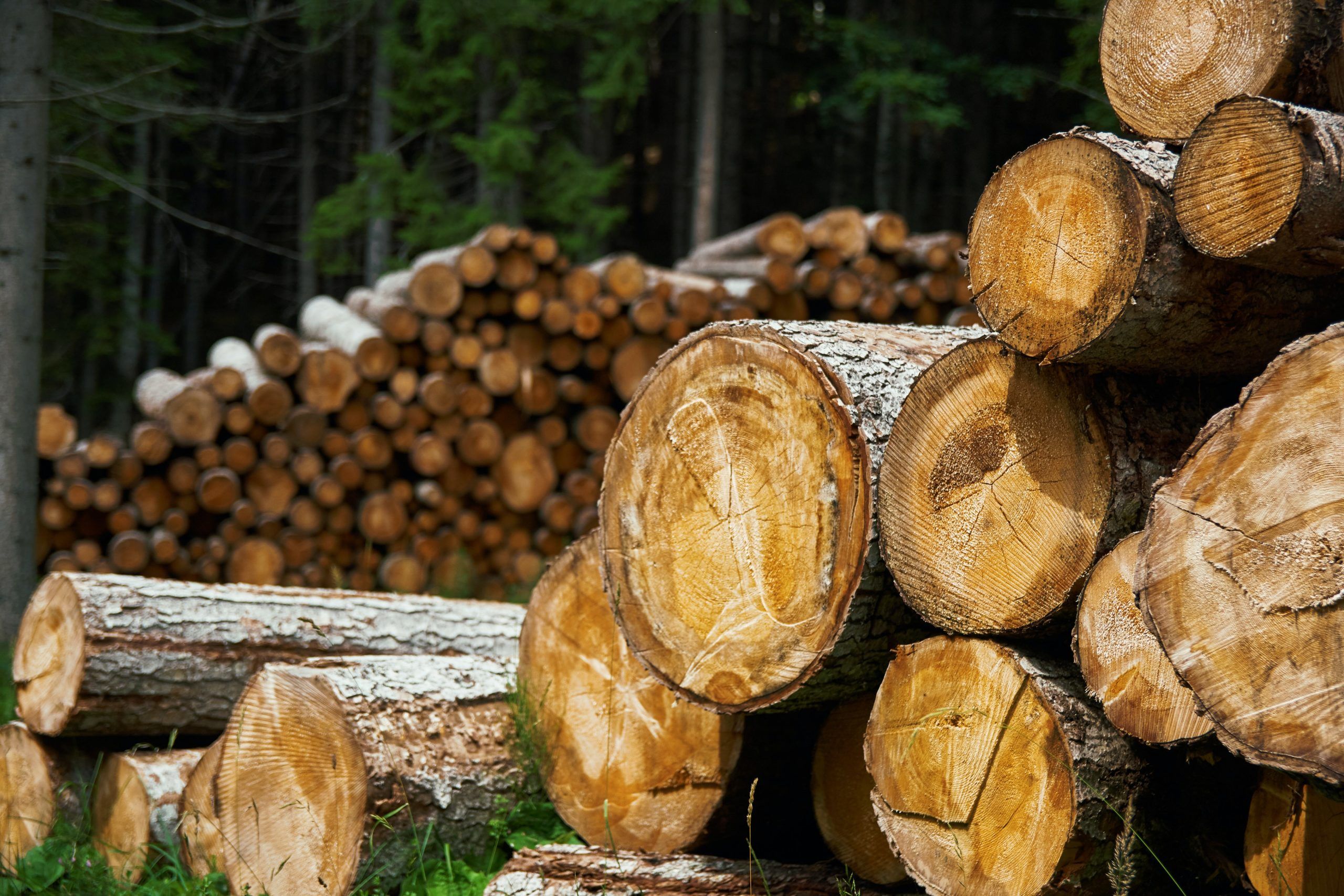Today, the EU is requesting consultations with Russia at the World Trade Organization (WTO) concerning export restrictions placed by Russia on wood products.
The export restrictions consist of significantly increased export duties on certain wood products and a drastic reduction in the number of border crossing points through which exports of wood products can take place.
The Russian restrictions are highly detrimental to the EU wood processing industry, which relies on exports from Russia, and create significant uncertainty on the global wood market. The EU has repeatedly engaged with Russia since Moscow announced these measures in October 2020, without success. They entered into force in January 2022.
Specifically, the EU is challenging:
- The increase of export duties on certain wood products:
At the WTO, Russia committed to applying export duties at rates of maximum 13% or 15% for certain quantities of exports. By withdrawing these tariff-rate quotas, Russia now applies export duties at a much higher rate of 80%, and thereby does not respect its commitments under WTO law.
- The reduction of the number of border-crossing points for Russian exports of wood products into the EU:
Russia has reduced the number of border crossing points handling wood exports to the EU, from more than 30 to only one (Luttya, in Finland). By prohibiting the use of existing border crossing points that are technically capable of handling such exports, Russia is violating a WTO principle forbidding such restrictions.
Next steps
The dispute settlement consultations that the EU has requested are the first step in WTO dispute settlement proceedings.
If they do not lead to a satisfactory solution, the EU can request that the WTO set up a panel to rule on the matter.
Source: WTO Dispute Settlement in a Nutshell
More information:
Speech by President Von der Leyen at the World Economic Forum
Economic sanctions on Russia renewed for another six months
Publicaciones relacionadas:
 Webinar “New situation, new opportunities in Europe
Webinar “New situation, new opportunities in Europe
 E-commerce: Council adopts new rules for exchange of VAT payment data
E-commerce: Council adopts new rules for exchange of VAT payment data
 EU and Mexico conclude negotiations for new trade agreement
EU and Mexico conclude negotiations for new trade agreement
 Coronavirus: rescEU masks delivered to Spain, Italy and Croatia
Coronavirus: rescEU masks delivered to Spain, Italy and Croatia
 Europe’s raw materials supply: Commission announces actions to make supply more secure and sustainable
Europe’s raw materials supply: Commission announces actions to make supply more secure and sustainable


Leave a Reply